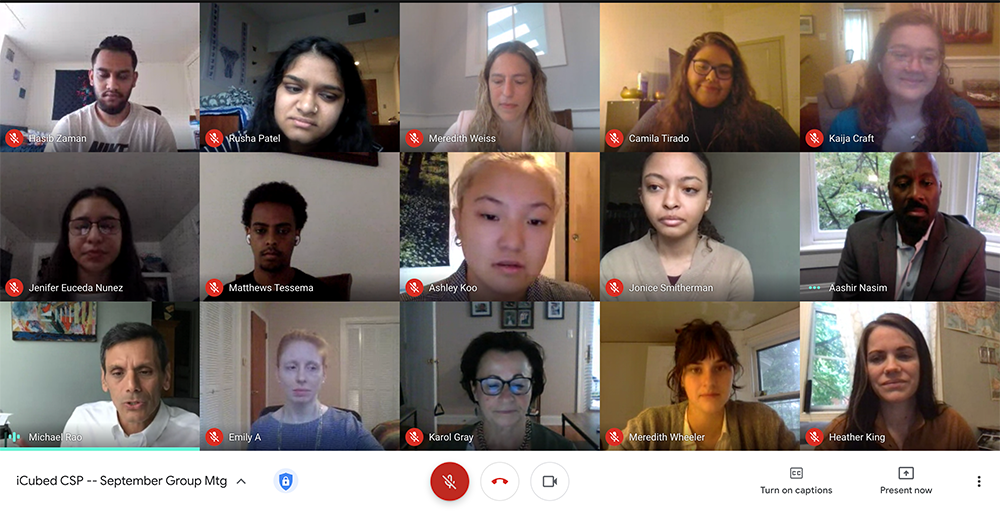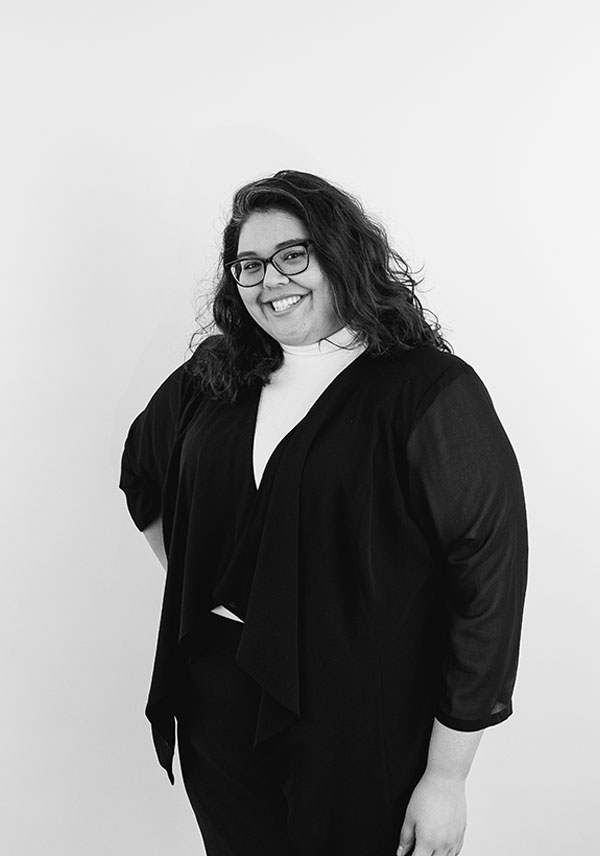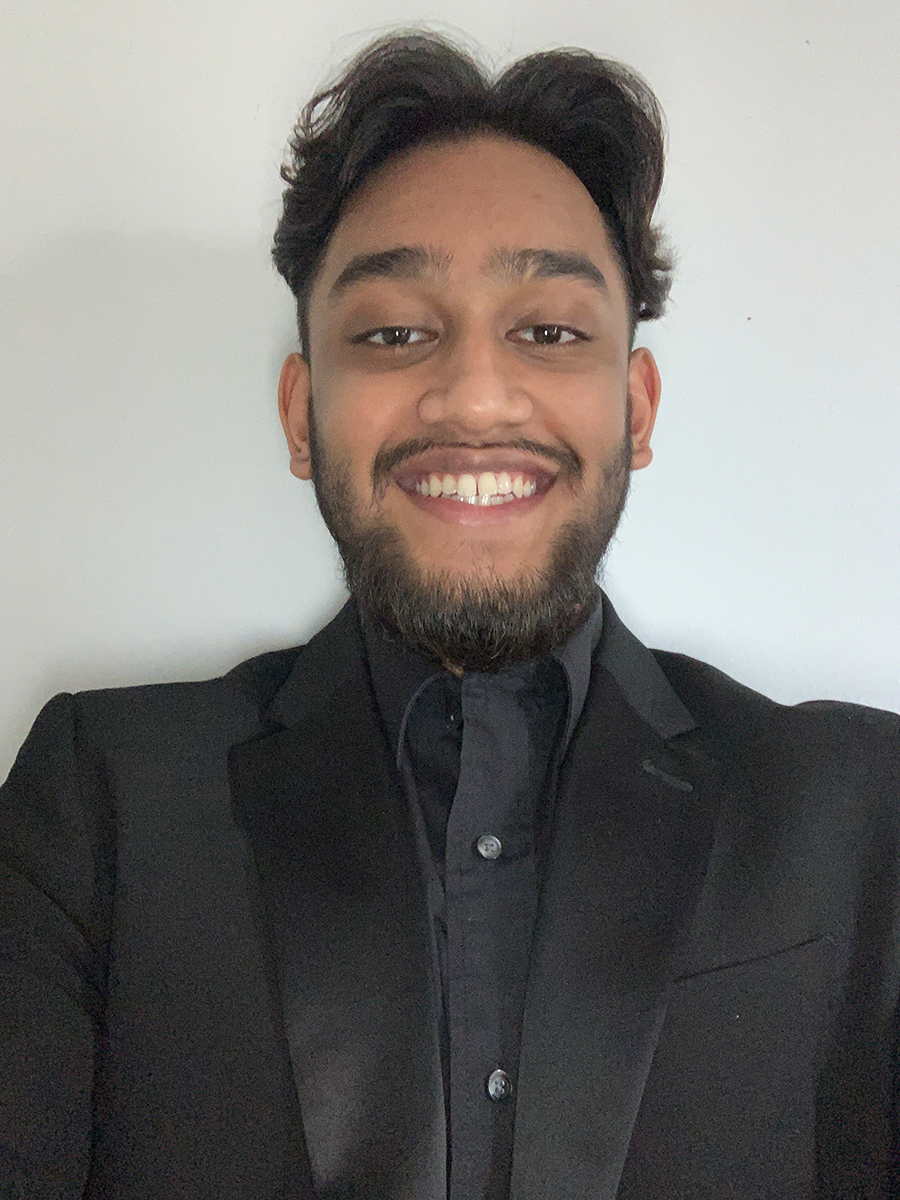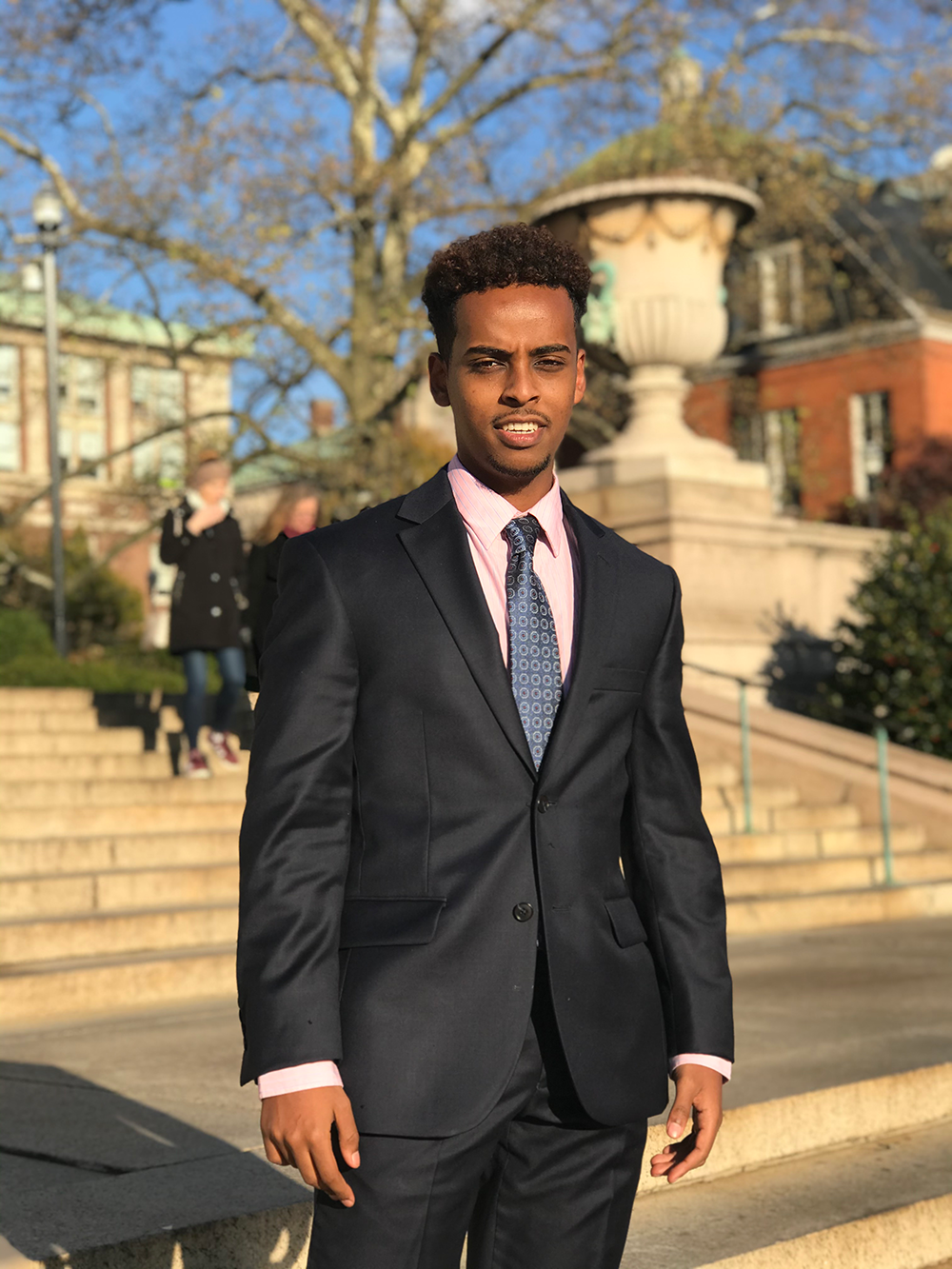iCubed’s Commonwealth Scholars Program provides more than academic support to students

The VCU Institute for Inclusion, Inquiry and Innovation (iCubed), part of the Office of Institutional Equity, Effectiveness and Success, runs the Commonwealth Scholars Program (CSP). CSP is a research mentorship program that matches college students who are considered to be of the highest need and highest talent with exceptional research faculty who specialize in inclusive community-engaged research. CSP aims to bridge the gap between access, opportunity and engagement for students who are typically most affected by this gap: the highly-talented with the highest financial need. During the 2020-21 academic year, CSP provided academic and financial support to 11 students.
Students who are identified as high-achieving and high-need receive an invitation to apply to CSP. Once accepted, CSP student scholars are matched with a mentor from one of eight iCubed cores. The students then work with a team to conduct research over an academic year. All CSP presentations for 2020-21 can be found at the VCU Virtual Symposium for Undergraduate Research and Creativity or the VCU Scholars Compass.
Students don’t need a research background to join CSP. Matt Tessema, 21, had no formal research experience prior to joining CSP. Tessema, a senior journalism student in the Robertson School, was simply curious about community engagement and felt that his journalism skills could benefit a research team.
Tessema worked with mentor Dr. Dina Garcia from VCU School of Medicine for two years. “[CSP] taught me from scratch,” said Tessema. “[Garcia] was very, very patient with me in the beginning while I was learning my role … I felt like [CSP] believed I had the ability to be able to learn and they believed that I had the potential to be somebody who could be impactful.”

Camila Tirado, 30, was nervous to accept her CSP invitation. “Despite my age, I suffered from a lot of imposter syndrome because I was around so many great thinkers, and felt late to the party,” said Tirado, a senior psychology major in the College of Humanities & Sciences. “I just thought I would be assigned to projects and not have much say. I did not realize that [CSP] would allow me to create deep meaningful connections with my mentors and that my lived experiences were crucial in thinking inquisitively and strengthen my abilities in research, allowing me to make connections and come up with interesting questions. I did have a lot of say, and it was all a partnership where my needs were always at the forefront.”
Hasib Zaman, 21, had never heard of CSP when he was invited to join. A senior bioinformatics major in the College of Life Sciences, Zaman received an email to apply to CSP after his freshman year. He asked his friends for advice. Though no one had heard of the program, they encouraged him to apply. Zaman was accepted and balanced CSP research with school, a job and a volunteer position.
Burnout, especially during the pandemic, was a common talking point within the program. Faculty, staff and students collaborated to create a sustainable work environment. The student scholars emphasized feeling heard by their mentors and valuing the opportunity to hear their own struggles mirrored by other CSP participants. Zaman vividly recalls one particular conversation with President Michael Rao and Dr. Aashir Nasim, vice president of VCU’s Office of Institutional Equity, Effectiveness and Success. At this discussion, administrators listened to students’ concerns and inquired about ways to best support the students. Zaman calls it “one of the most empathetic conversations” he had in college.

“It wasn’t necessarily just all about research,” Tessema said. “Sometimes, it was about our mental health and how things were going for us.”
The support CSP provides reaches far beyond graduation. Tessema, Tirado and Zaman remarked that the opportunity to conduct research and network through CSP was essential to their success. All three students are pursuing paths in which understanding research is beneficial; Tessema plans to attend law school, Tirado plans to attend graduate school and Zaman plans to start a job in bioinformatics.
“Everyone should have some research experience outside of their core classes,” said Zaman. Engaging in research helped Zaman decide which bioinformatics path he wanted to take. Research can also foster analytical skills and build community with other scholars.
“I feel like I have the confidence and patience and analytical skills now to be successful,” said Tessema. He hopes his newfound research experience will help him become “a liaison between law and research.”
“I know when that bridge [between law and research] is connected, that’s how you make policy. Because policy has to be informed by great research and when somebody can speak both of those languages–because I feel like I’m learning the language of research now because of these two years–I think that can be a person of high impact and can create change, which is what I want to do,” said Tessema.

For many first-generation and underrepresented minority students, finding support to navigate academia can be challenging. CSP helps bridge this gap and consequently fosters real relationships between mentors, students and friends, which continue post-graduation.
“There is so much that I was able to learn, and my mentors taught me the importance of advocating for yourself, of taking up space in areas not usually filled with people of color, how to hold yourself professionally, and how to ask for help,” said Tirado. “Most of us were first-generation and low-income students, who were not aware of what it took to be a stronger candidate for graduate schools or the helpful understandings of how to grow further in academia or related careers. I am a first-gen, low-income, non-traditional student and part of my success is due to the support and assistance that I received from the program. I truly believe that and am thankful for all I learned.”
Tessema strongly encourages everyone invited to the program to apply. “I didn’t know anybody on the inside,” said Tessema. “I got an email and I just applied and it’s been one of the best decisions I made in college.”
“I hope the program will continue on expanding because I know more students from all backgrounds would benefit,” Tirado said.
Categories iCubed